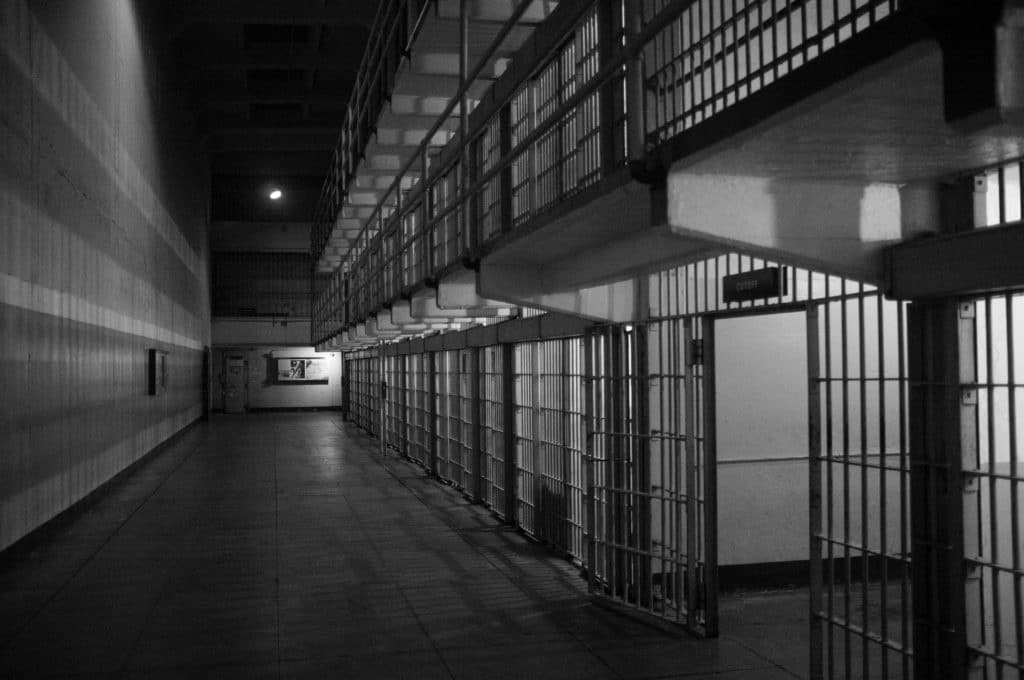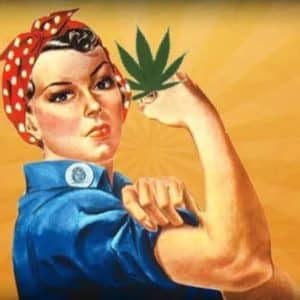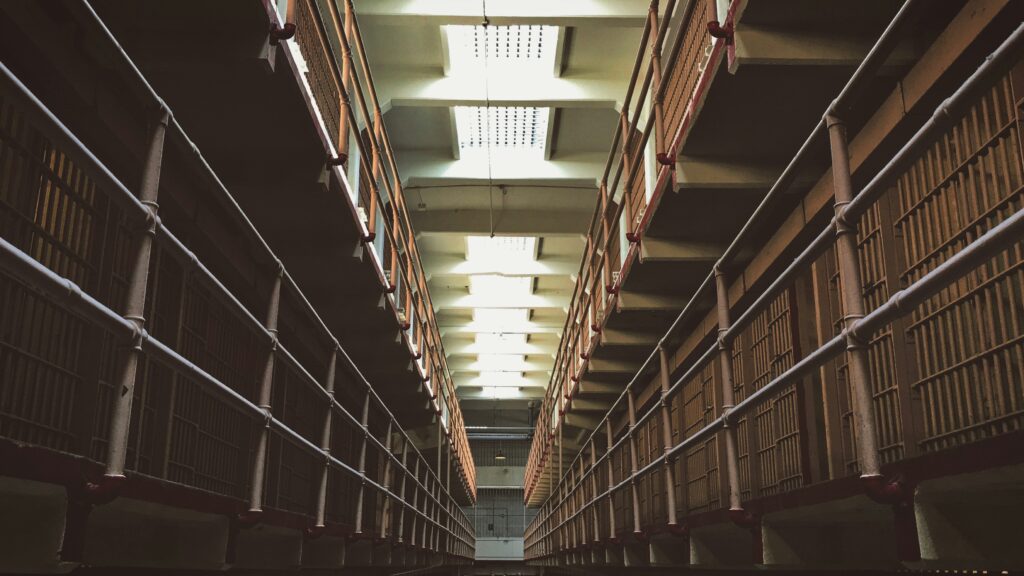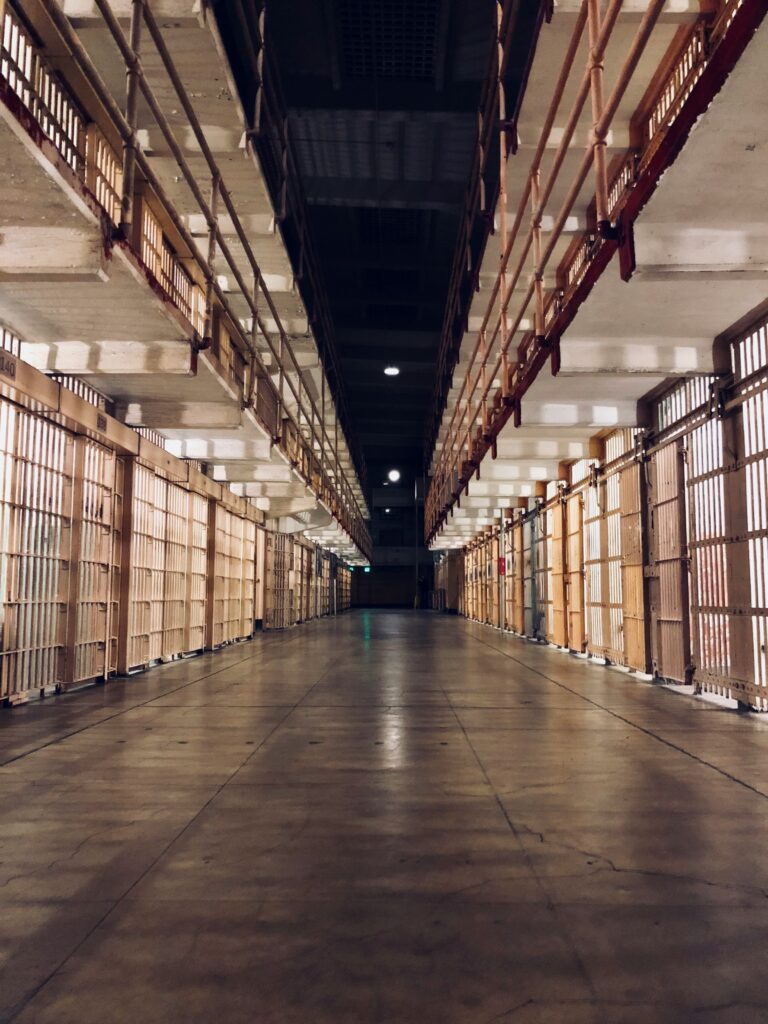As people across the nation continue to protest against police brutality and violence, cannabis organizations are speaking out on the importance of ending the failed War on Drugs as a first step toward putting an end to repressive behavior toward people of color, over-policing and mass incarceration.
“Will marijuana reform end racism? No. Can it be a part of reforming a broken & racist system? Yes.” wrote Eric Altieri, executive director of National Organization for the Reform of Marijuana Laws (NORML).
Contending that legalization of adult-cannabis will not put an end to discriminatory policing against communities of color and other marginalized groups, it will clearly be a step in the right direction.
A Bit of History
The United States’ decades-long prohibition of marijuana was based on racism when, in 1930, Harry Anslinger was appointed Narcotics by then President Herbert Hoover to lead the newly formed Federal Bureau of Narcotics, which later became the DEA.
At that time, Anslinger was quoted as saying: “[M]ost [marijuana consumers in the US] are Negroes, Hispanics, Filipinos and entertainers. … [M]arijuana causes white women to seek sexual relations with Negroes. … Reefer makes darkies think they’re as good as white men.”
As difficult to stomach as that was nine decades ago, later generations of US leaders kept the racist outrage churning.
Nixon’s War on Drugs
In a 2016 Harper’s Magazine cover story on the miserable failure of drug prohibition, “Legalize It All: How to win the war on drugs”, author Dan Baum reveals a question he posed in a 1994 interview with then President Nixon’s top adviser, John Ehrlichman. “How did the United States entangle itself in a policy of drug prohibition that has yielded so much misery and so few good results?”
John Ehrlichman’s response: “The Nixon campaign in 1968, and the Nixon White House after that, had two enemies: the antiwar left and black people. You understand what I’m saying? We knew we couldn’t make it illegal to be either against the war or black, but by getting the public to associate the hippies with marijuana and blacks with heroin, and then criminalizing both heavily, we could disrupt those communities. We could arrest their leaders, raid their homes, break up their meetings, and vilify them night after night on the evening news. Did we know we were lying about the drugs? Of course we did.”
So here we are in 2020 and little has changed in terms of marijuana prohibition, who gets busted and who gets punished most severely?
The American Civil Liberties Union (ACLU) answers those questions in its report “Marijuana Arrests by the Numbers”:
“Of the 8.2 million marijuana arrests between 2001 and 2010, 88% were for simply having marijuana. Nationwide, the arrest data revealed one consistent trend: significant racial bias. Despite roughly equal usage rates, Blacks are 3.73 times more likely than whites to be arrested for marijuana.”





